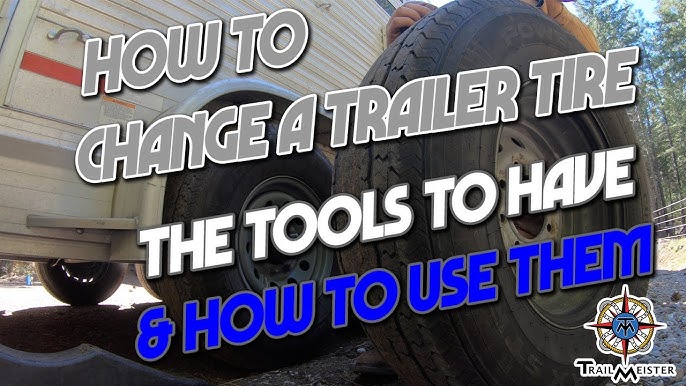Trailer Maintenance Schedule and Checklist for Your Horse
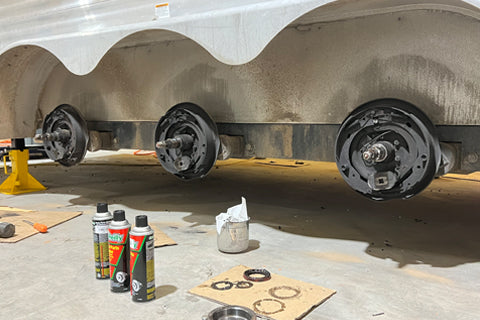
Maintaining your horse trailer is essential for the safety of your horse and the longevity of your trailer. A well-maintained trailer ensures smooth transportation and prevents costly repairs. This article provides a detailed maintenance schedule and checklist to keep your horse trailer in top condition.
Why Regular Trailer Maintenance is Important
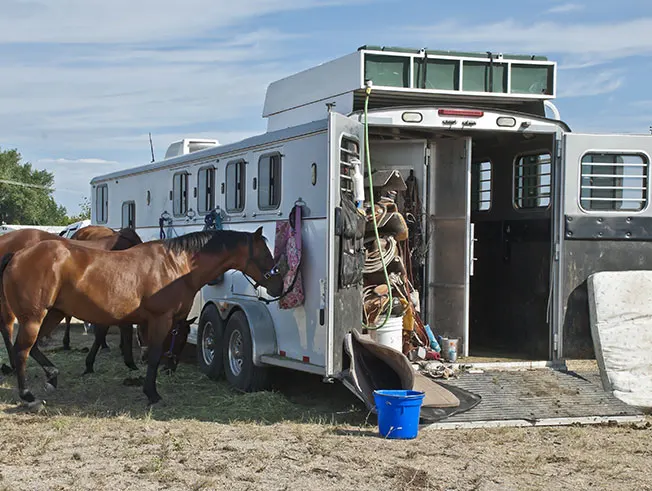
Regular maintenance helps avoid breakdowns, ensures safety on the road, and protects your investment. Horse trailers endure heavy use and exposure to weather, which can cause wear and tear. Proper upkeep minimizes risks such as tire blowouts, brake failures, and structural damage.
Trailer Maintenance Schedule
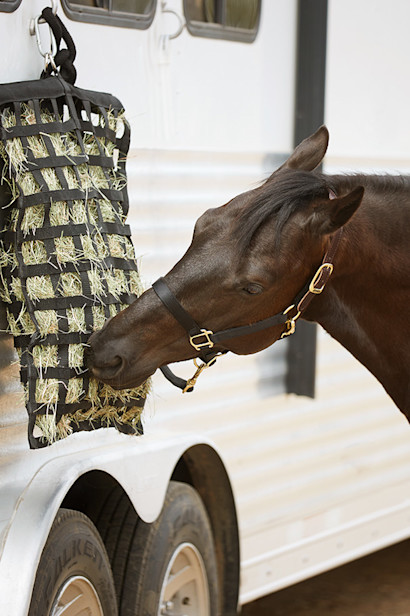
| Maintenance Task | Frequency | Details |
|---|---|---|
| Tire Inspection | Before every trip | Check tire pressure, tread depth, and look for cracks or bulges. Replace if worn out. |
| Brake System Check | Every 6 months | Inspect brake pads, drums, and fluid levels. Test brake responsiveness. |
| Wheel Bearings | Every 12 months | Clean, repack with grease, and inspect for wear. |
| Lights and Electrical | Monthly | Test all lights (brake, turn signals, running lights) and wiring for damage. |
| Floor Inspection | Every 3 months | Check for rot, rust, or damage. Replace or repair as needed. |
| Hitch and Coupler | Before every trip | Ensure secure attachment and lubricate moving parts. |
| Cleaning and Rust Prevention | After every trip | Wash trailer thoroughly and apply rust inhibitor to metal parts. |
Detailed Maintenance Checklist
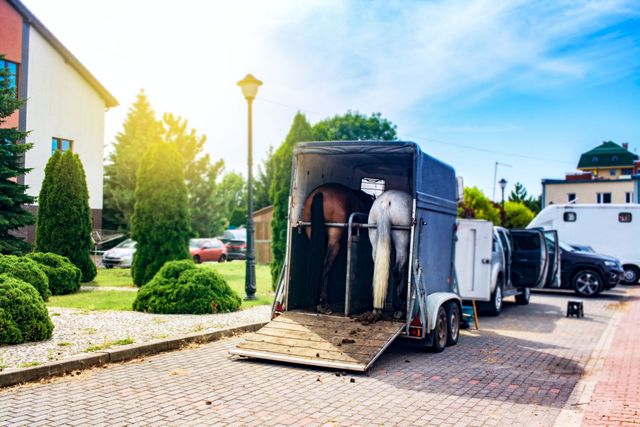
Tires
- Check air pressure with a reliable gauge.
- Inspect tread for uneven wear.
- Look for cracks, cuts, or bulges.
- Rotate tires annually to ensure even wear.
Brakes
- Test brake responsiveness before trips.
- Inspect brake pads and replace if less than 1/4 inch thick.
- Check brake fluid levels and top up if necessary.
Wheel Bearings
- Remove wheels and clean bearings.
- Repack with high-quality grease.
- Replace bearings if damaged or excessively worn.
Lights and Electrical
- Test all lights for proper function.
- Inspect wiring for frays or corrosion.
- Replace bulbs promptly.
Floor
- Look for soft spots or holes.
- Check for rust on metal floors.
- Repair or replace damaged sections immediately.
Hitch and Coupler
- Inspect for cracks or excessive wear.
- Lubricate moving parts to prevent rust.
- Ensure secure locking mechanism.
Cleaning and Rust Prevention
- Use mild detergent and water to clean.
- Dry thoroughly to prevent moisture buildup.
- Apply rust inhibitor or paint to exposed metal.
Frequently Asked Questions (FAQ)
Q1: How often should I check my horse trailer tires?
A: Tires should be inspected before every trip to ensure safety.
Q2: Can I perform brake maintenance myself?
A: Basic checks like brake responsiveness can be done, but detailed inspections should be done by a professional.
Q3: What signs indicate floor damage?
A: Soft spots, rust, holes, or a musty smell are indicators of floor damage.
Q4: How do I prevent rust on my trailer?
A: Regular cleaning, drying, and applying rust inhibitors help prevent rust.
Q5: When should I replace wheel bearings?
A: Replace bearings if you notice noise, rough rotation, or visible damage during inspection.
Maintaining your horse trailer with a consistent schedule and thorough checklist ensures safe and reliable transportation for your horse. Regular care not only protects your investment but also provides peace of mind on every journey.
